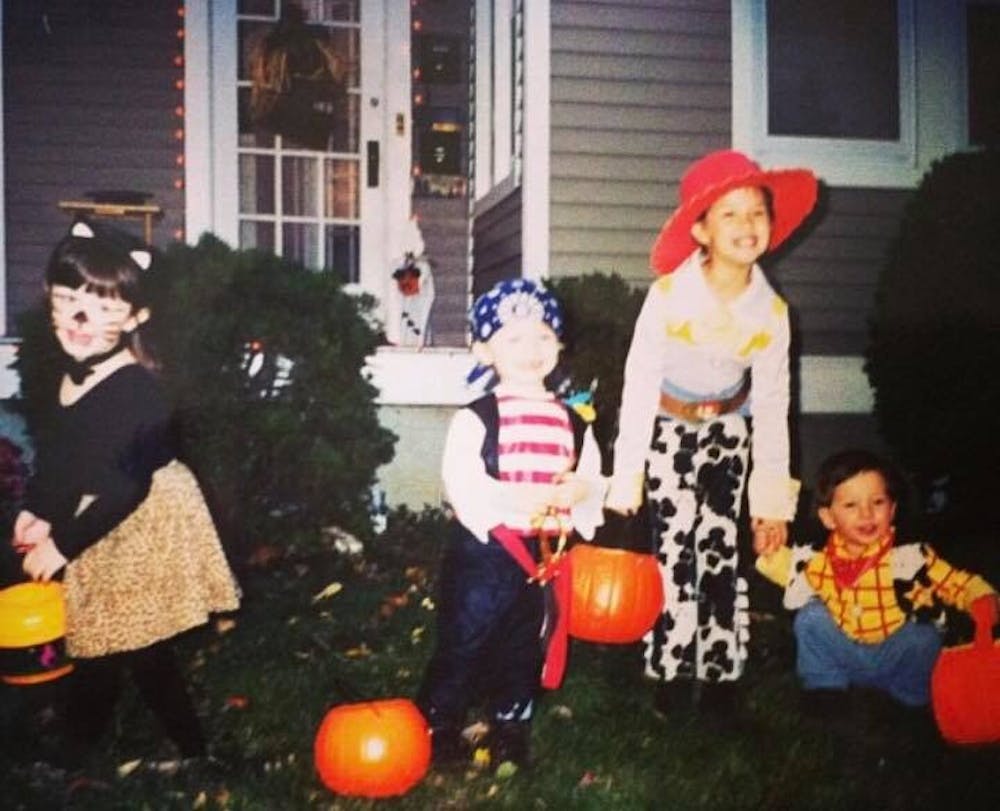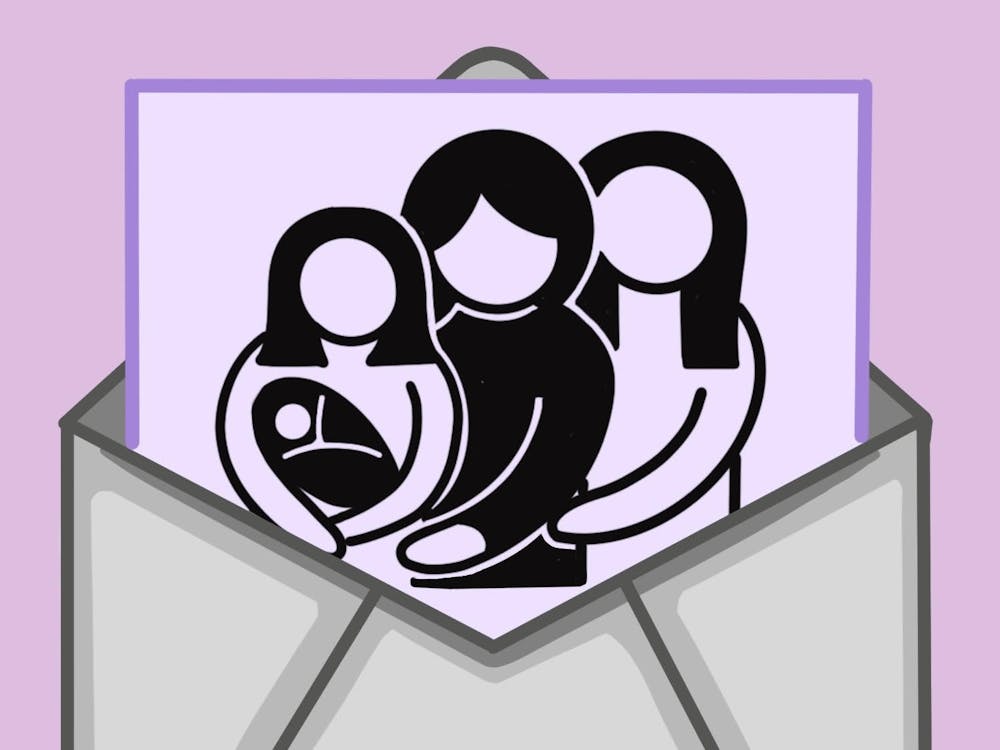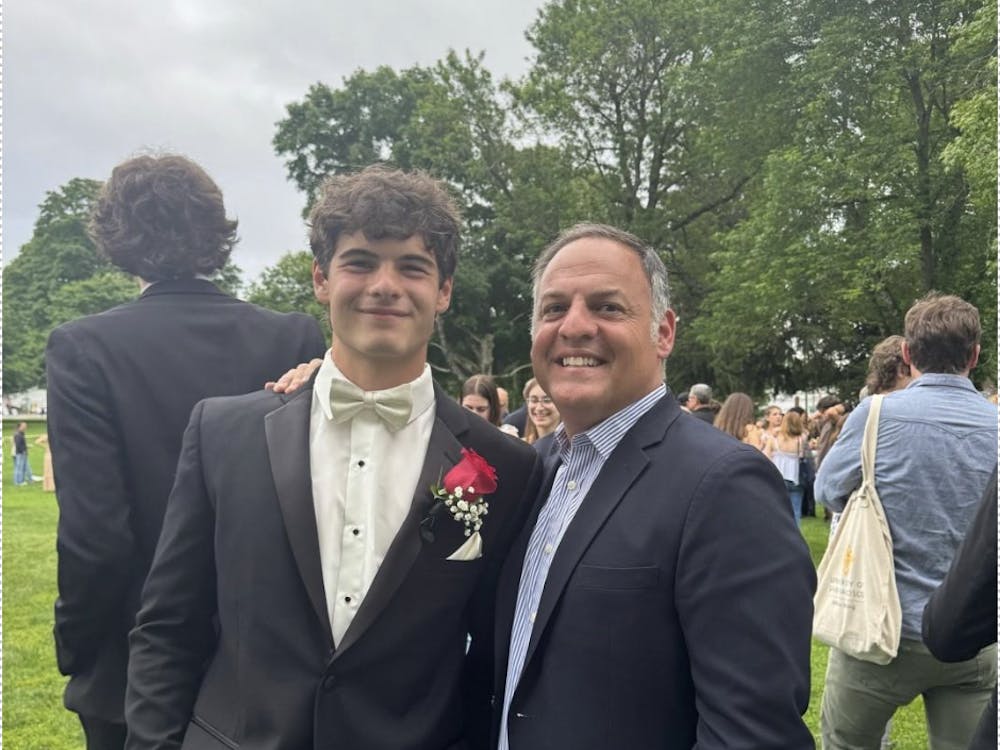
When I was a kid, I prided myself on liking things that other girls my age did not. I liked skateboarding and playing in the dirt, gross-out gags and whoopee cushions. While I indulged in the occasional feminine pastime, like playing with Bratz dolls, I even turned that into something more aggressive and masculine, acting out elaborate murder scenes with my friend and filming them on the handheld video camera I got for Christmas.
While I enjoyed being around girls, I preferred to be the tomboy friend, the one who liked weird stuff and did things other girls wouldn’t.
Similarly, I found myself drawn to darker subjects. I would write stories that would result in phone calls home to my parents, wondering if perhaps an intervention would help. My parents, whose priority was to allow me to express myself in any (twisted) way I felt necessary, assured my teachers I was fine.
My dad, an artist and ex-actor whose work on the horror TV show Freddy’s Nightmares had partly colored my fascination with blood and guts, sat me to down to double check that I was doing okay. My mother, a teacher whose work with young children made her well aware of the commonality of my behavior, did the same and joked that it was all because I was a Scorpio.
Throughout middle school and high school, a lot of this interest in being “different” stuck with me. I wasn’t very interested in makeup (unless it was too-heavy, purposely smudged eyeliner), dating or being “popular.” I became obsessed with comic books and other nerdy things typically reserved for boys. I vowed that I would never join a sorority, and I intentionally avoided doing anything that might label me as vapid.
When senior year rolled around, although I had adopted skirts and dresses as my main wardrobe, I made sure that I was seen as separate from the rest of my gender. I was the “smart,” “quirky” girl, which somehow put me on another level from the rest.
I then became vindicated by what appeared to be a social media phenomenon that shamed those “other” women.
All my life I had been careful not to fall into these pitfalls, which had earned me a spot among the righteous (i.e. men) who were privileged enough to see and mock how ridiculous most girls were.
But in order for me to do all of that, I had to ignore that I liked watching trashy reality TV with my mother, especially during The Bachelor season, I had to ignore that I liked Lady Gaga and romance movies and, hardest of all, I had to ignore that I really, really liked weddings.
Coming to college, though, changed everything. I realized how little praise I would get for being one of those different girls, because suddenly I was surrounded by them. None of the girls here were among the low-hanging fruit that I could strike down and offer up as evidence for my special, male-approved individuality.
They didn’t watch Keeping Up with the Kardashians or spend hours texting their boyfriends. I was one of many appropriately-feminine-but-not-too-feminine girls and that was a big change. Or, at least, that’s what I thought. Then I started to actually make friends and hang out with other women, and I discovered that all of them dared to like things that I had seen boys poke fun at for most of my life.
They watched cheesy chick flicks and sipped pumpkin spice lattes and texted each other about their crushes’ astrological birth charts. As intelligent and interesting as they were, they still appreciated things that I had been conditioned to believe were stupid or worthless just by virtue of being associated with girls.
By the end of my sophomore year, I had joined a sorority and found myself surrounded by women who were willing to shamelessly enjoy the things, regardless of if it made other people think they were silly or frivolous. It was liberating in a way that I hadn’t expected.
This is not to say that femininity among women is discouraged. Obviously, women who present or identify in more masculine ways face far more challenges from society about their appearance and interests than more feminine women do.
Conforming to traditional gender roles has always been valued more than stepping outside of them, and women who withstand the derision that comes with openly subverting patriarchal expectations deal with much more pushback regarding their lifestyles and appearances than I do.
However, there is still something deeply implanted in women that makes us believe our more feminine interests are worthy of mocking. Ultimately, we must be appropriately-feminine-but-not-too-feminine. We must still cater to men without being too girly about it.
Being around women who undermine this notion in a number of ways has helped me to find my own way of embracing both parts of me. I still love skating culture and gore and Batman. But now, I make a conscious effort not to ignore those other parts of me, too.
And I’m not embarrassed to admit that sometimes that means curling up on the couch and watching endless hours of Say Yes to the Dress and crying as complete strangers say “I do.” It’s nothing to be ashamed of (at least, not within the first five hours).





